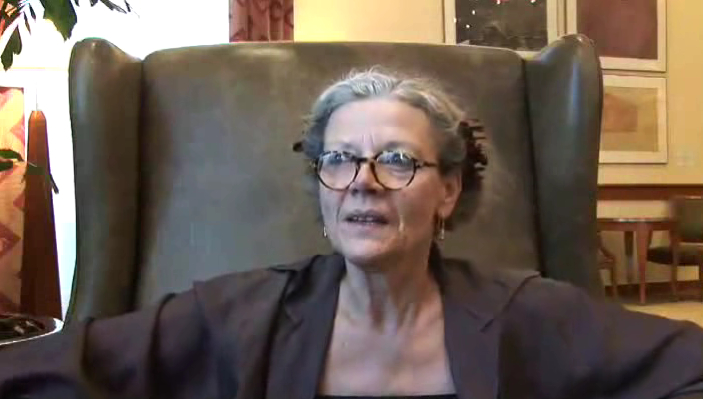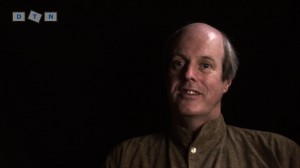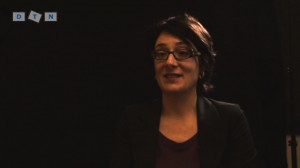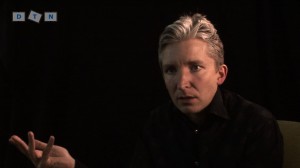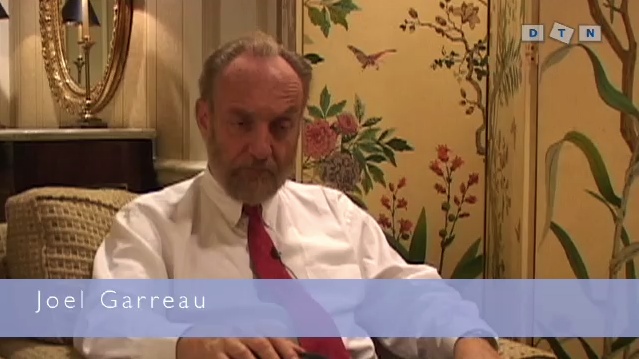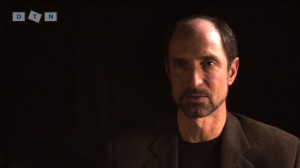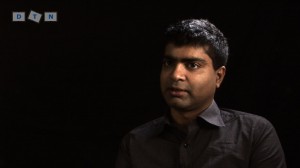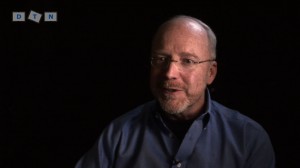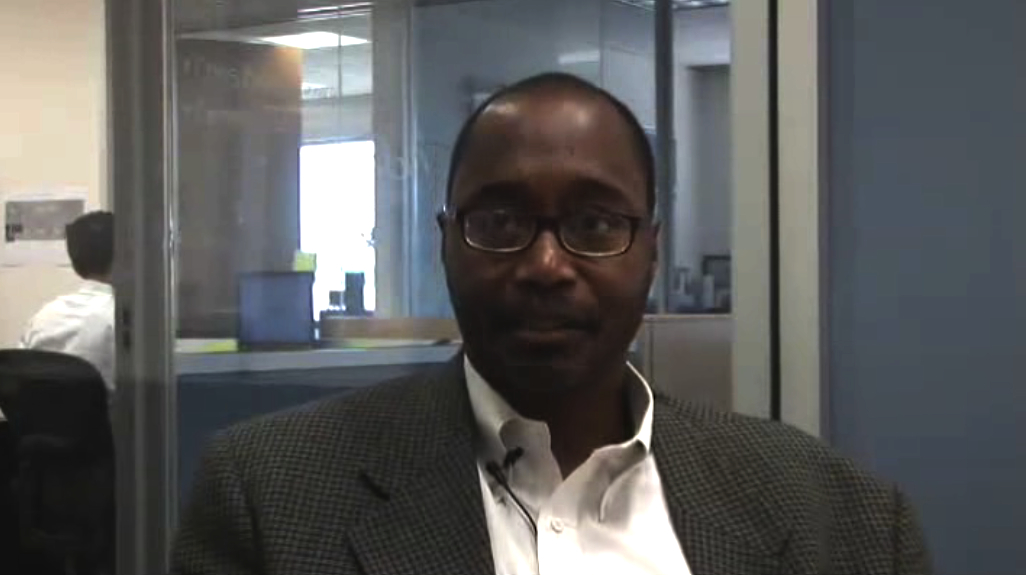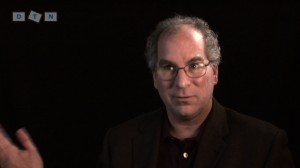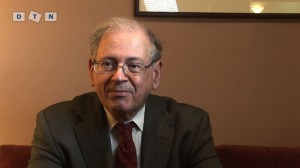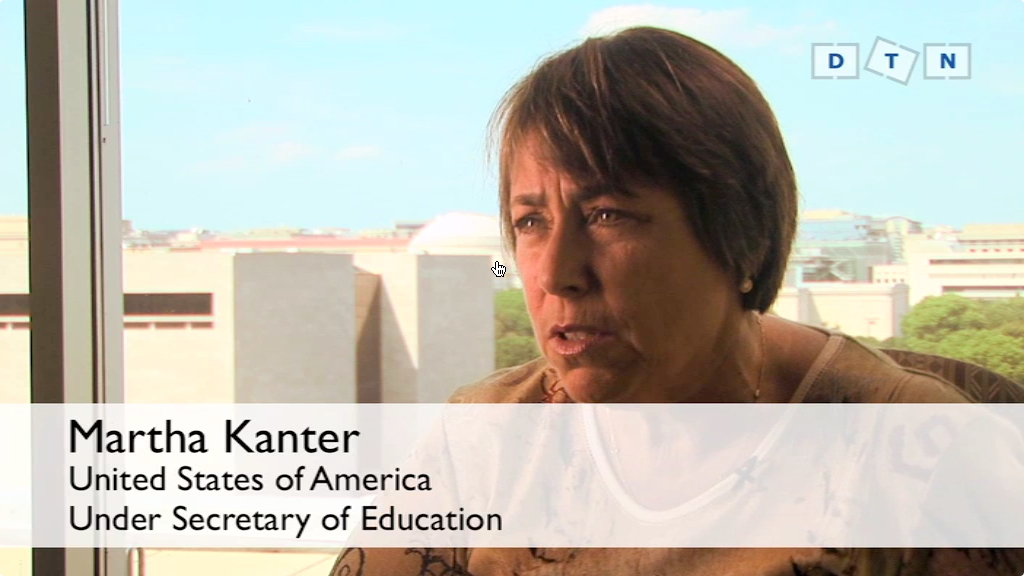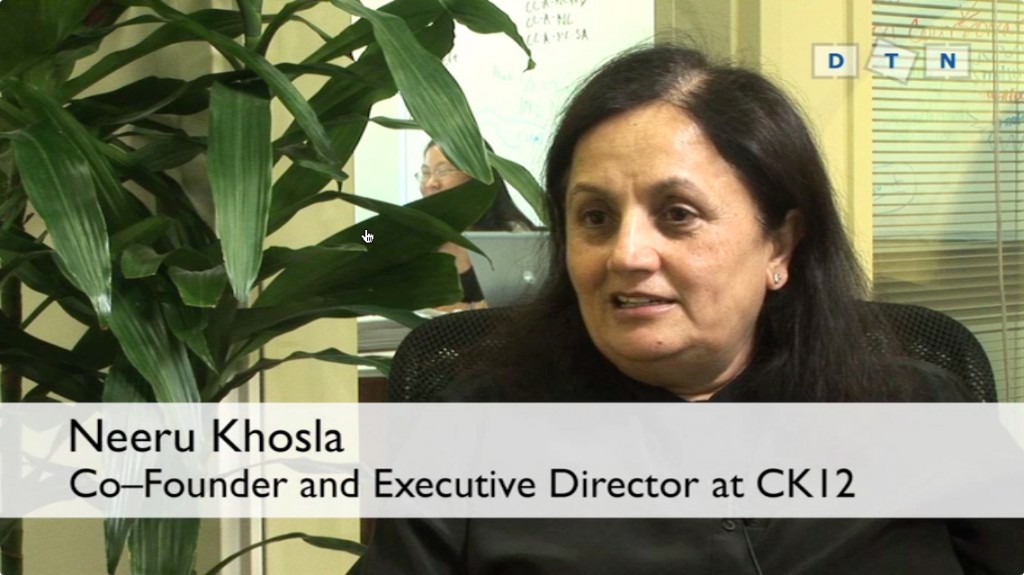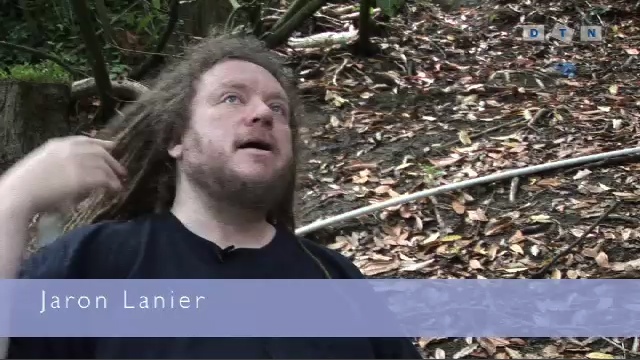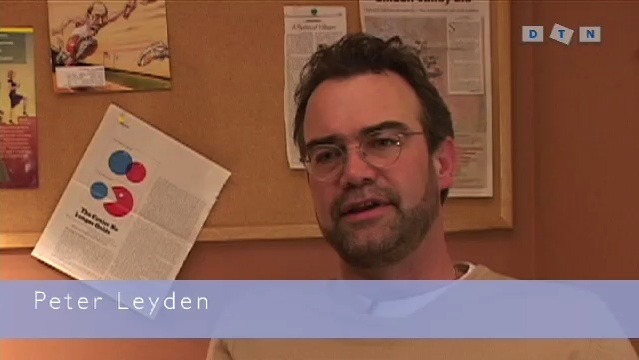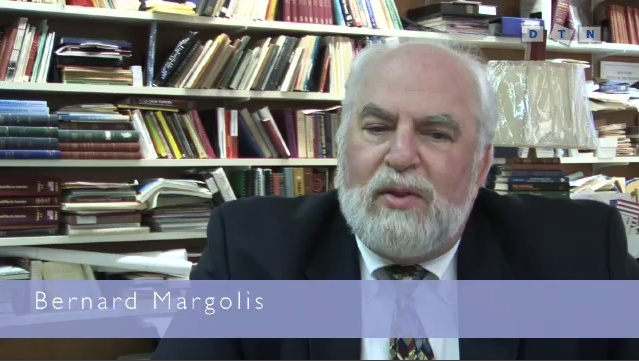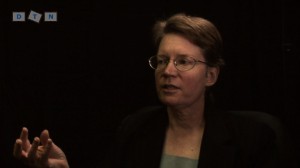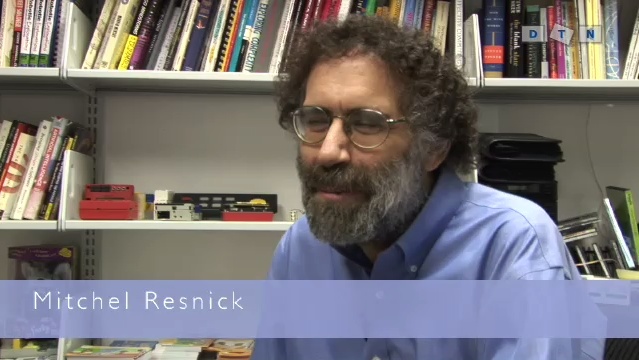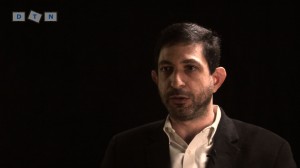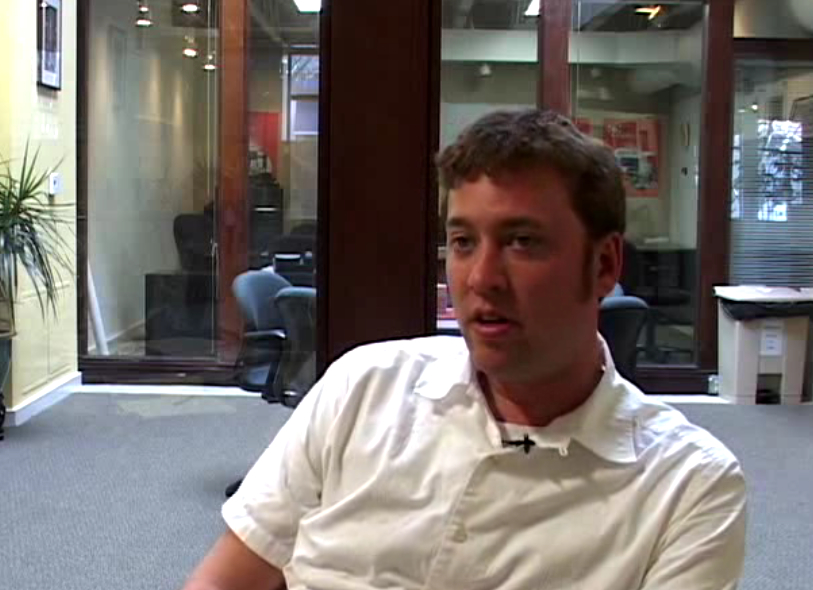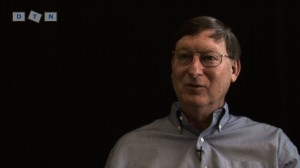Alphabetical order
Edith Ackermann, – Professor of Developmental Psychology at MIT – Boston
Development of children’s worldview
“I believe that what is going to become very important is the tagging, but in a broad sense. It’s the notion that the word, the written word, is many things. It’s not just like the written version of some, the description that comes in the instruction, if you do programming. But it also becomes a window into other worlds. So, for example, if I make a hyperlink, the word becomes a portal to another world. There will be very strong core organizing ideas about what you expect in a way in the digital world.”
______________________________________________________________________________________________________________________________________________________
Mitra Ardron, – Founder and Executive Director of Natural Innovation Foundation.
Focusing on open technology for sustainability.
“Different cultures will do this differently. The key thing is whichever cultures move fast and whichever businesses within a culture move fast are likely to have the advantage of creating the industries that in our globalised world will be selling.”
______________________________________________________________________________________________________________________________________________________
David Bank, – Senior Vice President of Civic Ventures, U.S.A.
Baby boomers
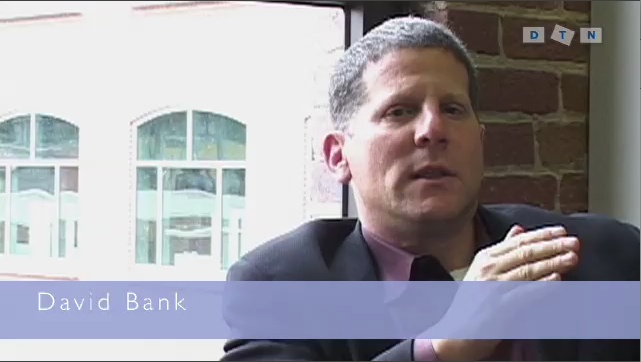 “People think that [knowing] who are valuable as consumers is [carved] in stone, while it was really just an historical accident almost.” TV advertising mainly targets a certain age group of about 19 to 45 years. The market, however, is not based on age, as David Bank explains; but on generations. The idea of the age groups is based on the time that the baby boomers were of that age. This illustrates the influence of the boomer generation on developments in society.
“People think that [knowing] who are valuable as consumers is [carved] in stone, while it was really just an historical accident almost.” TV advertising mainly targets a certain age group of about 19 to 45 years. The market, however, is not based on age, as David Bank explains; but on generations. The idea of the age groups is based on the time that the baby boomers were of that age. This illustrates the influence of the boomer generation on developments in society.
______________________________________________________________________________________________________________________________________________________
Yochai Benkler, – Co-director of the Berkman Center for Internet and Society, Harvard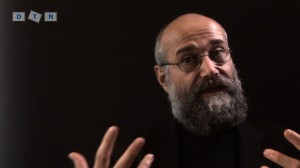
“One potential [economic] model is one in which a large portion of what we care about in the information environment is produced by individuals and organizations functioning within social production systems. And by social production systems, I mean classes of behaviour that aren’t triggered or directed by market mechanisms, necessarily or by managerial commands, but are rather driven by social motivations.”
______________________________________________________________________________________________________________________________________________________
John Seely Brown – Visiting Scholar and Advisor to the Provost USC, Former Head Xerox PARC
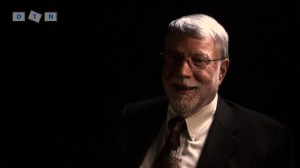
” Instead of large organizations, we may see new kinds of organizations that are based on clusters of companies that have come together in loosely coupled ways. The real question is how do we build these new types of innovation networks, where we’re kind of committed to certain long-term beliefs about the world we want to build; and then to figure out how we structure that so that we can move with blinding speed, in terms of these changes, but, we’re learning with and from each other.”
______________________________________________________________________________________________________________________________________________________
Cathy Casserly, – Senior Partner at Carnegie Foundation for Advancement of Teaching
Teaching and learning in a changing world.
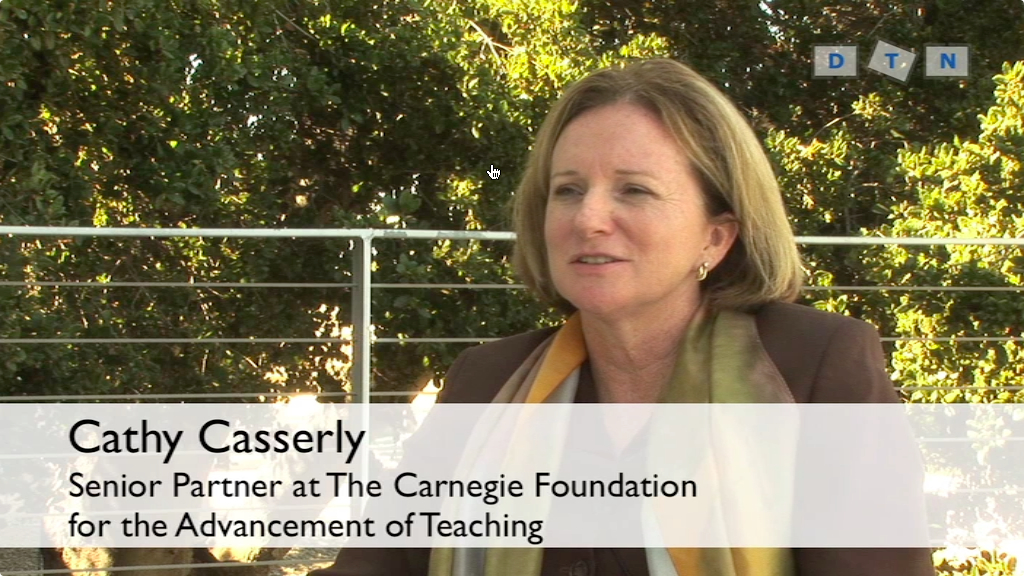 “Well, I think actually as you say, the constructs of teaching and learning are reciprocal. And we can’t really improve teaching until we really understand how students learn and how they learn well. And as the world changes with the Internet, with the Web, with technologies, I think with the information age, as we move away from the industrial age, the set of skills that students will need are going to be very, very different.”
“Well, I think actually as you say, the constructs of teaching and learning are reciprocal. And we can’t really improve teaching until we really understand how students learn and how they learn well. And as the world changes with the Internet, with the Web, with technologies, I think with the information age, as we move away from the industrial age, the set of skills that students will need are going to be very, very different.”
______________________________________________________________________________________________________________________________________________________
William Calvin, – Neurobiologist University of Washington – Seattle, U.S.A.
The value of kinesthetic learning
“It was just amazing, this whole world of kinaesthetic experience that I had missed out on by not getting into a boat and having a paddle in my hand.” William Calvin tells a story about traveling on some of the major rivers of the US. After several trips and talks with the boatman, he gained a fair amount of theoretical knowledge about steering a boat. But in the end, he realised that this theoretical knowledge was lacking substantial input.
______________________________________________________________________________________________________________________________________________________
David Cavallo – OLPC, Co-head of the MIT Media Lab’s Future of Learning group – Boston
The importance of language for learning
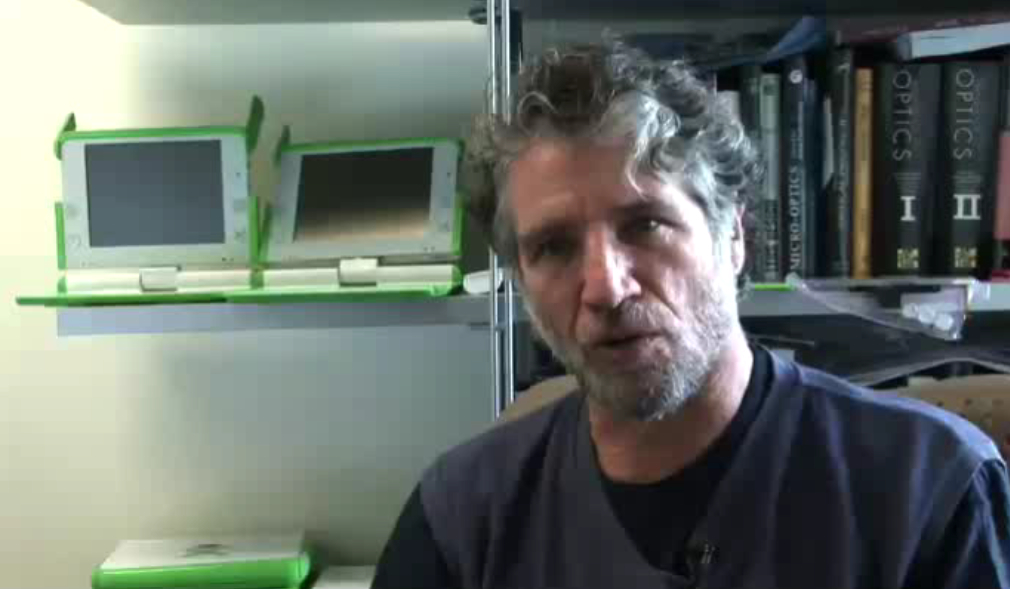 “At age 80, you’re still learning new things. And so, this kind of breakdown of thinking of still intelligence as a kind of, you have so much and it’s in a cup, and we’re born with different amounts in the cup. ”
“At age 80, you’re still learning new things. And so, this kind of breakdown of thinking of still intelligence as a kind of, you have so much and it’s in a cup, and we’re born with different amounts in the cup. ”
______________________________________________________________________________________________________________________________________________________
Vincent Cerf,- Vice President & Chief Internet Evangelist Google Inc.
Vinton is an American computer scientist who is the ‘person most often called the father of the Internet.’ His current position is vice president and chief internet evangelist at Google.
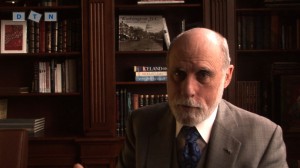
“I see cloud computing as, roughly speaking, timesharing on steroids. It’s a very, very large scale, dynamically allocatable computing system and memory system. It’s the ability to dynamically allocate the resource that makes the cloud computing environment so interesting, because if your needs at the moment require more computing power and then later, you don’t need as much and someone else needs it dynamically allocated, that’s actually quite efficient for everybody.”
“To the extent that clouds become some integral part of e-government, of e-commerce and the like, there may well need to be government involvement to assure the reliability and integrity of the system. That leads to things like certification and the like.”
______________________________________________________________________________________________________________________________________________________
Jim Daly, – Editor in Chief of Edutopia Magazine – San Francisco
“Different subjects, as they are presented in education, are not so religiously separated in real life”, says James Daly. They are integrated. Thus, in order to teach children these subjects, in the context that they are used in real life, we need to integrate the curricula of different subjects. Teaching subjects in context to children also implies teaching them to optimise the use of everyday tools, like visualisations and the Internet, for the context in which these are used.
______________________________________________________________________________________________________________________________________________________
Joe Edelman – CEO Citizen Logistics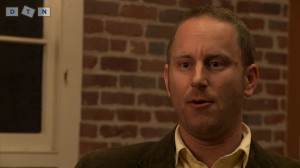
Summary is in process
______________________________________________________________________________________________________________________________________________________
Ame Elliot, Senior Human Factors Specialist, IDEO
Ame is a senior human factors specialist at IDEO in Palo Alto, CA where she conducts fieldwork, designs interactions, and facilitates workshops for companies interested in innovating through user-centered design.
“I think the desktop metaphor’s days are definitely numbered, in part, because I think there have been so many interesting changes in user interfaces generally, that I think we could argue against metaphor.”
______________________________________________________________________________________________________________________________________________________
Dave Evans, – Chief Futurist at CISCO’s Internet Business Solutions Group.
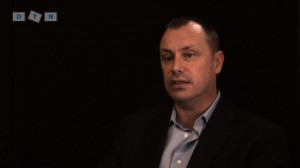 “If you look at over the next couple of decades or so, and the industry looks to additional forms of computing, one which comes to mind is quantum computing. Over the course of the next couple of decades, a 1.000 dollar personal computer could have the equivalent processing power of nine billion brains. The world changes very radically.”
“If you look at over the next couple of decades or so, and the industry looks to additional forms of computing, one which comes to mind is quantum computing. Over the course of the next couple of decades, a 1.000 dollar personal computer could have the equivalent processing power of nine billion brains. The world changes very radically.”
______________________________________________________________________________________________________________________________________________________
Mark Finnern, – SAP Chief Community Evangelist responsible for the SAP Mentor Initiative. He founded the Future Salon.
“I really think, yes, one of the big questions should be, of that 100 times change in the next 10 years, how much of that can actually be observed by us humans? So, what is the limit of our capacity, I think, is the important limit for us of absorbing that kind of change? And that is something that I think we should ask ourselves. Where is that, and how can we support us humans in dealing with this kind of change?”
______________________________________________________________________________________________________________________________________________________
Doug Engelbart, – Personal Computing Pioneer– San Francisco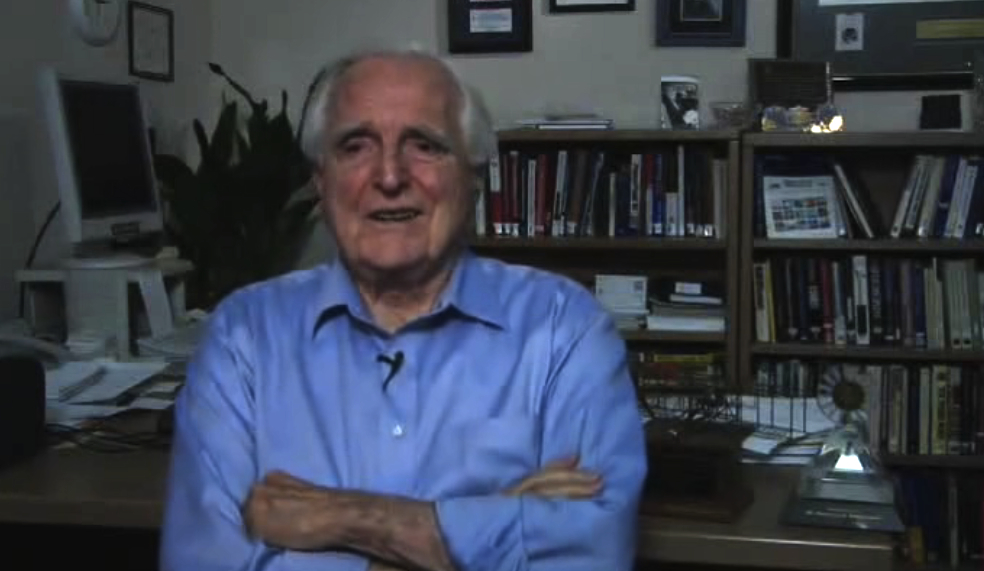
The importance of collective understanding.
The idea of connecting people through computers.
Books will become obsolete.
The ability to learn things we don’t understand; getting the idea.
“I started realising that the idea of coming up and saying a computer’s going to be able to augment our intellect, it’s going to be able to let us learn how to study faster and communicate better, etc. because it’s a medium, it’s much more flexible. And it has ways because inside a computer, as anybody uses links today realises, you could have the directions or the specification, address of any object out there.”
______________________________________________________________________________________________________________________________________________________
Joel Garreau, – Journalist and author of ‘Edge City’, U.S.A.
“All cities, throughout all of human history, have always been shaped by whatever the state-of-the-art transportation device was at the time.” Joel Garreau says that, throughout history, cities developed according to the dominant transportation system. He supports his view with a description of different cities and their transportation systems at the time when the cities became important. Next to the jet liner and the automobile, the transportation system today includes the networked computer. It is this combination that shapes the “edge cities”.
______________________________________________________________________________________________________________________________________________________
Obie Greenberg, – YouTube Strategic Educational Partnerships – San Francisco
Open access to university courses through video and use of video conferencing in education.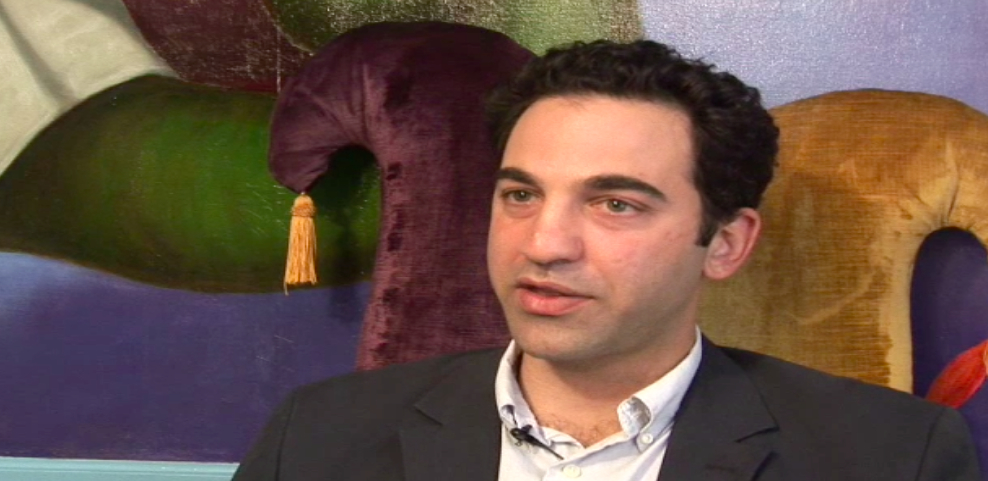
“I think that these technologies are starting to make people re-appreciate the art of the lecture, right? So, there’s very much this idea that the lecture is a product of the industrial revolution, right, where you’ve got all these seats, you’ve got this audience out there.”
______________________________________________________________________________________________________________________________________________________
Tom Gruber, – Independent Co-Chairman Deloitte Center for the Edge,
Tom is an innovator in technologies that augment human intelligence, individually and collectively. Applying ideas from Artificial Intelligence, Cognitive Science, and Design, his work has explored how connecting people and machines can foster collaboration, learning, knowledge sharing, and getting things done. His current project is Siri, where he is a co-founder, CTO, and VP Design.
“I’m curious about what will individual identity be in the future? That’s the key to a lot of not only wealth creation and that kind of thing in businesses, but also how the society evolves. If strong individual identity is the result, if every human has a brand on the Internet and they care about the brand and they care about the brand of the individual and the tribe they belong to, if that is the case, then the forces will be in place to have lots of reform in the way services are provided and as I said before, in government.”
______________________________________________________________________________________________________________________________________________________
Rishab Aiyer Gosh, – Co-founder and VP Research Topsy Labs – San Francisco
Rishab is an Open Source Initiative board member. He is co-founder and director of Topsy Labs and Founding International and Managing Editor of peer-reviewed journal First Monday, and Programme Leader of FLOSS at UNI-MERIT.
“It’s asymmetry and the flow of information and privacy that would be damaging. If nothing was private, that would be less damaging than if some things outside your control were private.”
______________________________________________________________________________________________________________________________________________________
John Hagel, – Director Deloitte Consulting LLP – San Francisco
John is the Co-Chairman at the Deloitte Center for the Edge. His work is at the intersection of business strategy and information technology.
“The technology is continuing to expand and enhance its performance at exponential rates. The issue is much more around the capacity to absorb this technology and effectively reorganise and rethink how we do business to most effectively take advantage of the technology that’s available.”
______________________________________________________________________________________________________________________________________________________
Gerald Harris, – Senior Consultant with Global Business Network – San Francisco
Senior Consultant Global Business Network
Performance driven education as a result of globalisation.
The limits to globalising education cultural differences.
Student centred learning room for different learning styles.
Education as a way to get a job or to prepare for live as a whole.
______________________________________________________________________________________________________________________________________________________
Brewster Kahle, – Co-founder and director Internet Archive – San Francisco
Brewster is a computer engineer, internet entrepreneur, activist, and digital librarian. He was a member of the Thinking Machines team, (1983-1992), where he developed the WAIS system, a precursos to the World Wide Web. He is the co-founder and director of The Internet Archive.
“The open thing just continues to surprise us, to shock us, that it’s the kid in Lithuania that comes up with something that seems a little risqué, a little bit odd, but is what is going to blow things up and make it a very interesting 10 years.”
“Openness is the best thing for capitalism. Closed is the best thing for monopolies, and monopolies are a starved desert of information and innovation.”
______________________________________________________________________________________________________________________________________________________
Robert Kahn, – Chairman, CEO and President of the Corporation for National Research Initiatives (CNRI)
Robert is an engineer and computer scientist who, along with Vinton G. Cerf, invented the Transmission Control Protocol (TCP) and the Internet Protocol (IP), the technologies used to transmit information on the Internet. Currently he is chairman, CEO and President of the Corporation for National Research Initiatives (CNRI).
“The real question is how to enable the countries of the world to play a more active role in the evolution of the Internet than I think they currently feel they have.”
______________________________________________________________________________________________________________________________________________________
Martha Kanter, – Under Secretary of Education USA – Washington
Why the Education system is broken.
” We’ve put teachers and families into very difficult circumstances in our institutions, and I think we need to step back and say: How is the content shaping how they think about their work and how we actually deliver those set of materials and that content to every student?”
______________________________________________________________________________________________________________________________________________________
Alan Kay, – Computing Pioneer – San Francisco
An anthropological view of business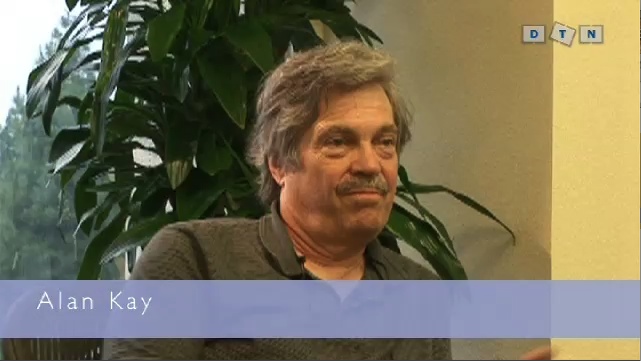
“Scientists and engineers create wealth; everyone else just moves it around.” Alan Kay challenges us to look at business in a different way. According to him, if anthropologists looked at businesses, they would find something that resembles a hunter-gatherer society. Businesses are large communication systems built to deal with the gains made by scientists and engineers. From this perspective, funding research is crucial for a sustainable system.
We live in a pop culture
“That is how the Microsoft operating system got in there; nobody complained.” With the development of the browser as example, Alan Kay observes that software development has not even caught up with the possibilities that existed in working demos in the seventies. The sheer volume of bad material, he says, makes us blind to the endless possibilities that the computer has to offer.
______________________________________________________________________________________________________________________________________________________
Neeru Koshla, – Co-Founder and Executive Director at CK12
From Textbook to Flexbook
“What it does is, it kind of gives the control back to the teacher. It’s not like we are telling the teacher. I’ve seen over the last some years that constantly, teachers are being told: well, you don’t know how to do this. Let me show you how to do it. All the time, teachers are told that. And they’re fed up. And as things come and go, there have been so many movements. If you think back even 10 years, project-based education, all that other kind of collaborative, all these things keep coming and going. And teachers are supposed to implement it and they come and they go before they even have a chance to be good at it.”
______________________________________________________________________________________________________________________________________________________
Jaron Lanier, – Computer Scientist, U.S.A.
“People can flip into a collective mode when they do user generated content, and when you have a sense of a collective reality, you use the sense of individual development in learning and so, in a sense, you undo the purpose of education.” An early promoter of user generated content, Jaron Lanier finds himself in an odd position, being one of the most severe critics of its results today. One of his worries with Wikipedia is that anonymity shields people and can bring out the worst in them. Where as known authors can be challenged, a volume of knowledge that is created by ‘everyone’ presents a whole new epistemology, a base of knowledge that is hard to challenge.
______________________________________________________________________________________________________________________________________________________
Peter Leyden, – Co-Founder Next Agenda, Former Managing Editor Wired – San Francisco, U.S.A.
“The Millennials will be the economy in the next twenty years.” Because there are so many of them, the baby boomers have dominated western society for a long time, explains Peter Leyden. In the seventies, youth culture dominated because the boomers were young. Today the boomers still dominate society, but soon their children will take over. Millenials are nearly as big a generation as the boomers in numbers. Business will be ill-served by not taking them and their differences from boomers into account.
______________________________________________________________________________________________________________________________________________________
Bernard Margolis, – President of the Boston Public Library, U.S.A.
“Textbooks, by their very nature, have to change,” says Bernard Margolis. This does not go well with a static medium, such as a book. Interactive media, like the Internet, are much more suitable for the fluid content that is typical for textbooks. It won’t take long, says Margolis, before textbooks disappear. It is a question of when, at what juncture, the publishers see the economics. The first signs are already there.
______________________________________________________________________________________________________________________________________________________
Jerry Michalski, – Former Managing Editor, Release 1.0, U.S.A.
“Everything you need to know is already inside all of your employees’ heads. They just can’t express it.” According to Jerry Michalski, people in an organisation often know a lot more than it would appear. The way to get this out is not by directly asking them to answer a question, but by giving them the opportunity to play with it for a while and trusting them to come up with real solutions for a problem; and connecting that with action.
______________________________________________________________________________________________________________________________________________________
Christine Peterson – Co-founder and Vice President Foresight Institute
Christine writes, lectures, and briefs the media on coming powerful technologies, especially nanotechnology. She is the co- founder and President of Foresight Institute, the leading nanotech public interest group. Foresight educates the public, technical community, and policymakers on nanotechnology and its long-term effects.
“I kind of doubt that governments are going to be able to keep up with the technology, to the extent that they will be able to steer it right at the cutting edge (…) they’ll be continually playing catch up, and I think they’ll be continually having trouble understanding the issues.
______________________________________________________________________________________________________________________________________________________
Mitchel Resnick, – Director of Lifelong Kindergarten Group, MIT, U.S.A.
“As I have looked around over the years to try to find models and sources of inspiration about the learning process, I’ve been especially inspired by the way that children learn in kindergarten.” Resinick finds kindergarten to be a very good model for learning creative processes, and believes we should look at ways to expand the model to learning at all ages. But, the tools that children use in kindergarten are too limited to achieve this, as is mainstream education technology. Where mainstream education technology re-enforces the traditional transmission approach to learning, Resnick and his group at MIT try to develop technologies that enable learning as it is done in kindergarten for all ages.
______________________________________________________________________________________________________________________________________________________
Eric Rodenbeck, – Founder and Creative Director of Stamen Design, U.S.A.
Learning in virtual environments
“The interface is not the issue any more.” Is visualisation the future of learning? Eric Rodenbeck doesn’t think so. Visualisation and interfaces are too much an integrated part of dealing with technologies. Therefore, they form the background against which much of the learning takes place, but are unnoticed as a separate entity in the process. Visualisation can play an important role in learning, since it can change information from a set of entities into something that flows.
______________________________________________________________________________________________________________________________________________________
Danny Shader – CEO and Founder PayNearMe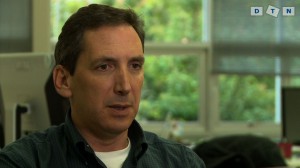
Summary is in process
______________________________________________________________________________________________________________________________________________________
Jeff Shelstad founder and CEO of Flatworld Knowledge.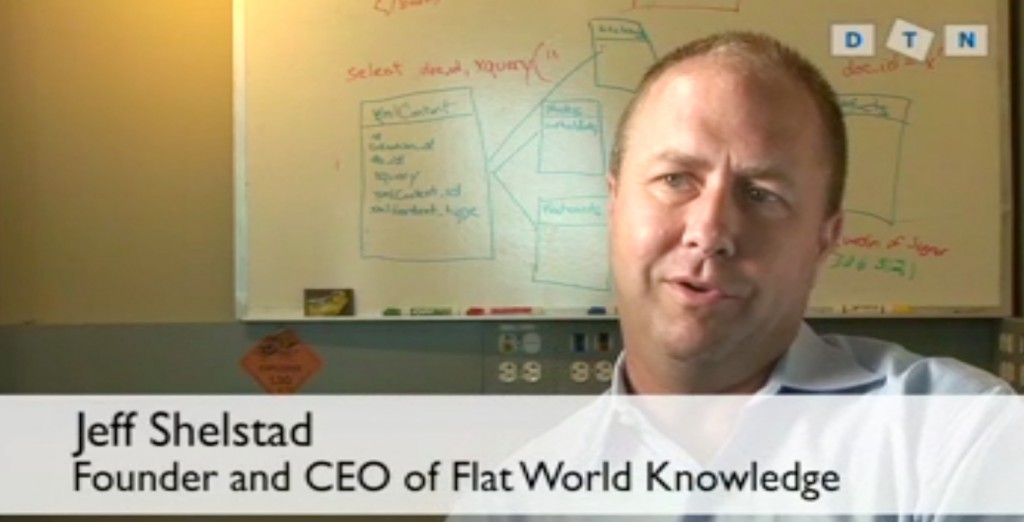
Input from Users.
“We literally spent six plus months debating what this business was going to be. And certainly started out way more disruptive or innovative or, whatever the word is, different the first iterations than perhaps the textbook business we ended up building.”
______________________________________________________________________________________________________________________________________________________
Chris Shipley, – Co-founder and Chairman Guidewire Group – San Francisco
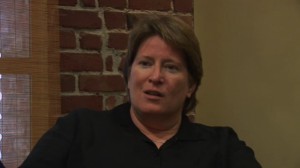 The persistence of the teacher as authority.
The persistence of the teacher as authority.
Confusion of respect and authority in the classroom.
The job of the teacher.
Differentiating teachers roles.
Educational transformation trough the students.
Back to the future mixed aged learning.
Teaching frameworks for finding possible answers.
______________________________________________________________________________________________________________________________________________________
Marc Smith, – Former Chief Social Scientist Microsoft
Marc is a sociologist specializing in the social organization of online communities and computer mediated interaction. He works at the Connected Action Consulting Group as Chief Social Scientist.
“The ideological idea that my data is not my data seems to be a dangerous one.”
______________________________________________________________________________________________________________________________________________________
Mike Smith, – Former Under Secretary of Education USA – Washington
Open Education Resources (OER)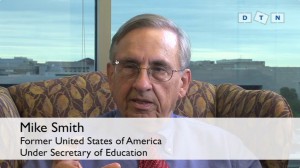
“2001 was the year that MIT opened up its 1800 courses on the web for free, including the tapes, lectures, material used for courses. Many governments around the world treat their materials as open domain. The value of content is getting close to zero, but companies add services around the materials.”
______________________________________________________________________________________________________________________________________________________
John Taylor Gatto, – Former School Teacher and Writer of ‘Dumbing Us Down’ – U.S.A.
Top league curriculum in ghetto schools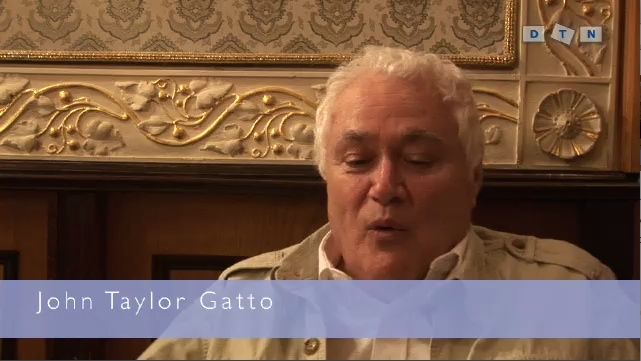
“Once you are aware of how the [education] system works, it is pathetically easy to step out of the conveyor belt.” John Taylor Gatto is convinced that the current school system in the U.S., based in the drill exercises of the Prussian army, is dumbing down the non-elite. School children in the slums do not learn crucial skills – such as social interaction skills – and develop confidence as they would in elite schools. At the same time, it is easy to copy the curriculum of top league schools in the slums. Gatto explains this with an example from his own experience as a teacher.
______________________________________________________________________________________________________________________________________________________
Anthony Townsend, – Research Director Institute for the Future
In this very short interview the main theme that Anthony Townsend touches on is generation X, its problems, questions and opportunities. He further questions the necessity of banks in the future and sees the total integration of mobile phone and wallet in the not-to-distant future.
______________________________________________________________________________________________________________________________________________________
Jeff Ubois, – Digital Archivist – San Francisco
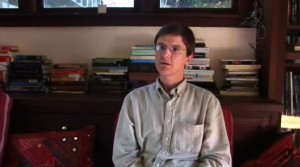 Commercial and public institutions collaborating to digitise cultural materials.
Commercial and public institutions collaborating to digitise cultural materials.
How collaboration can go wrong loosing all control.
Tension between openness and commercial stakes.
Copyright restrictions in keeping existing educational material available.
“All kinds of educational uses for this material if it were available. So, how available was it? The point about this is that all this material exists in different pools of content that are governed by different rules. So, you have public statements by the Vice President. That’s treated in one way.”
______________________________________________________________________________________________________________________________________________________
Hal Varian, – Chief Economist Google – San Francisco
Hal is an economist specializing in micro-economics and information economics. He is Chief Economist at Google and professor at the School of Information, the Haas School of Business, Department of Economics at University of California at Berkeley.
“Well, one idea that I think is very exciting is something I’ve called “micro multinationals.” A tiny company, a 10-person company, has access to communications and computational capabilities that only the largest multinational had access to 15 years ago. So, you can have these small organizations, that are actually global from the beginning, that can work around the clock. As the earth turns, you can work on something in San Francisco, pass it off to the Netherlands, pass it from there to Asia, and continue the project 24 hours a day. You can do this with a 10-person company.”
______________________________________________________________________________________________________________________________________________________
Brian Zisk – Founder Future of Money Conference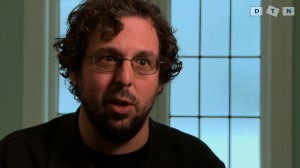
Summary is in process
______________________________________________________________________________________________________________________________________________________


